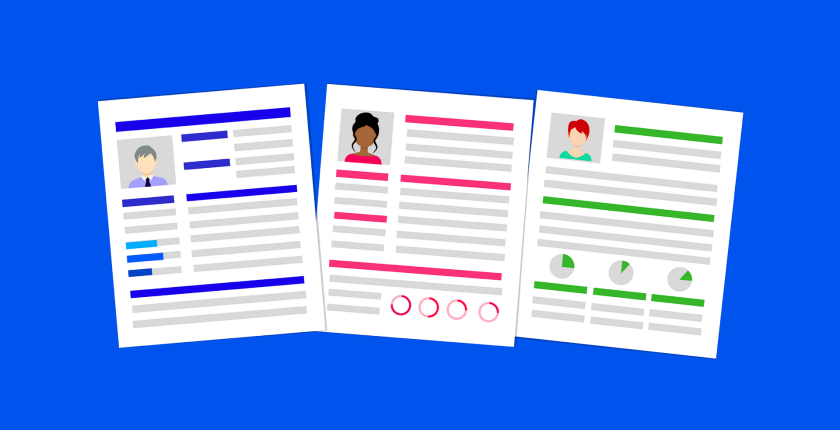To put it on, or not to put it on! That is the question.
The information you should, or should not put on your resume.
Applying for jobs can be a frustrating and confusing time, but having relevant and correct information on your resume can assist you in your employment prospects.
What to put on your resume!
When applying for positions, you may feel the need to cram as much information onto your resume as possible to impress potential employers. But be warned – a resume with concise, short and correct information can up your chances of getting that interview, compared to a long winded, highly detailed application.
As a rule of thumb, don’t make your resume to long; try and stick to a two or three page application. In order to keep your resume short and succinct, keep your position duties to the point. You do not need to list every single thing you did in the job e.g. my duties included talking to customers, phoning customers and interacting with customers. Duties like this can be simplified to “providing exceptional customer service”.
Additionally, make sure to include your previous employer, the months and years you worked there (e.g. March 2001 – December 2005) and your position there. When including your previous employer, it is not always necessary to have a company description or a link to their website.
As a rule of thumb, try and tailor your resume to a specific job you are applying for. For instance, include relevant work experience, qualifications and any qualities you have read in their job description that you believe you possess. If you are a recent graduate or school leaver, try and relate areas of your life, extracurricular activities and skills in your application.
Don’t forget to include your contact details (name, phone number, address), a summary, education and relevant qualifications (do not put unnecessary qualifications e.g. recently completed a dog training course – unless of course you are applying for a role involving dogs), employment history (preferably within the last 5-10 years) and at the end, your referees. If your potential employers would like to know more information than what you have supplied, they can contact you.
What not to put on your resume!
There are some things you should just not put on your resume, such as date of birth and your age, your sex, race, drivers license, religious or political views and marital and family status (unless of course these details would help you in your job prospects). Having these details can leave you open to bias and discrimination. Also, any additional unnecessary information can end up in the wrong hands and can leave you open to scammers and identity theft.
Do not lie on your resume! Make sure all the information, education, qualifications and experience can be verified and backed up by a creditable source. If you have recently graduated from TAFE or University, have a print out of your academic record on hand encase a potential employer would like to see it.
Unless you are an actor or model, do not include a picture or headshot of yourself. Again this could leave you open for bias and discrimination.
Try not to include anything negative on your resume, for example, any negative information, e.g. Reasons for leaving: I had a personality clash with a number of other employees. You want to be viewed in the most positive light as possible.
Including certain qualifications and tailoring your resume to a specific job or company and by not disclosing and chopping out unnecessary information could increase your chances of interviews and potential job prospects!
Written by Natassja Ford



